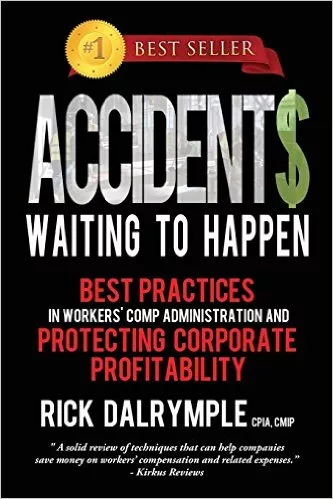White-Collar Safety in Roofing
Roofing Contractor has long held safety as one of our most important editorial products. Safety is the central theme of this month’s issue and, as usual, the focus is on worker safety. While I do not wish to diminish the message of keeping your roofing workers safe on the job every day, I want to touch on a couple of safety issues on the white-collar side of your roofing business.
Safely Exempt?
You may recall from back around the end of 2016 the U.S. Dept. of Labor under the Obama administration issued a final rule raising the minimum wage for exempt employees from $455 per week ($23,660 annually) to $913 per week ($47,476 annually). Set to take effect on Dec. 1, 2016, the rule was blocked by a federal judge.
The Dept. of Labor under the Trump administration recently proposed an increase to $679 per week ($35,308 annually), an amount that tracks very close to the original amount set in 2004 during the George W. Bush administration when accounting for inflation. So, even taking into consideration the slow movement of federal government action, it appears that a change in the minimum wage for exempt employees may be imminent.
This new rule may have a direct impact on how you pay some of your white-collar staffers. Many small businesses prefer to pay office personnel with a fixed salary and take advantage of the exempt classification, thereby avoiding the hassle of keeping up with time and payment of overtime. Many office workers likewise prefer the status of being exempt and not being required to punch a clock.
The only problem with this is that every office worker is not automatically “exempt” under federal guidelines. Add to this, many states have their own rules where minimum wages are concerned and typically this translates to higher wages all the way around.
When this latest rule related to exempt employees is going to take effect is still unknown, but the announcement provides a good reminder that this is a good time to review your current policy related to exempt personnel, as well as a look at “what if” the new rule goes into effect. Your best bet is to have a third-party review of your practices as being caught not paying overtime when you should be could prove a very costly mistake.
Cyber Safety
It’s nearly impossible to get through one day of news without reading a report on one entity or another being hacked. How many large institutions have lost control of the personal information of their customers? Is there no end to it?
You don’t need to be a large company to be hacked, raided, or held for ransom. If you want your company to be safe on the inside as well as out, you need to “tie-off” your online assets. The emerging good news is companies are reacting and security is improving. But you must be constantly engaged in the latest technologies to remain prepared. It’s no longer good enough to have one of your tech-savvy employees protecting your entire computing and telecom systems.
If you do not have an outside cyber-security professional on retainer, I believe it is worth serious consideration. It may provide the best defense against bad cyber actors.
Looking for a reprint of this article?
From high-res PDFs to custom plaques, order your copy today!





